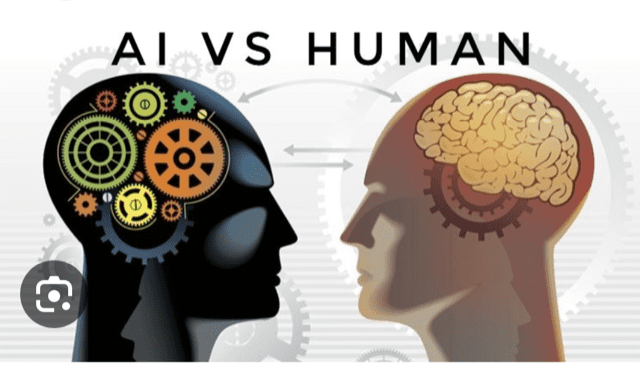AI is transforming the recruitment landscape, bringing efficiency, objectivity, and enhanced candidate experiences to the hiring process. By automating repetitive tasks and leveraging data-driven insights, AI empowers recruiters to make more informed decisions and offers a more streamlined recruitment experience.
This all sounds great, but questions remain; Can AI build diverse and high-performing teams.? Can AI honestly offer a fair recruitment experience, ensuring a better match between candidates and employers? Can AI truly replace human understanding in recruitment?
While artificial intelligence (AI) brings numerous benefits to the recruitment process, it is essential to acknowledge and address the potential downsides and challenges it presents. As AI continues to shape the way companies hire talent, it is crucial to navigate its limitations and ethical concerns.
Unconscious Bias – While AI has the potential to reduce bias in recruitment, it can also amplify existing biases if not carefully designed and trained. AI algorithms learn from historical data, which may contain biases from previous hiring decisions. If left unchecked, AI systems can continue these biases, leading to discriminatory practices and exclusion of qualified candidates from underrepresented groups.
Lack of Circumstantial Understanding – AI algorithms primarily rely on patterns and data analysis, lacking the ability to understand any distinction or variation. In recruitment, this can result in misinterpretation of candidate qualifications, cultural fit, and soft skills. The human aspect of understanding subtle cues, experiences, and motivations can be challenging to replicate accurately in an AI system.
Limited Creativity and Intuition – Recruitment often requires human creativity, intuition, and adaptability, especially when evaluating candidates’ potential and fit for a role. AI systems, while efficient in processing large amounts of data, struggle to replicate the human capability to assess a candidate’s potential beyond conventional metrics. This limitation may hinder the identification of unconventional talent and innovative thinkers who do not fit into a pre-defined criteria.
Data Privacy and Security – The use of AI in recruitment involves handling sensitive personal data of candidates. Ensuring robust data privacy and security measures is crucial to safeguarding this information from unauthorized access, misuse, or breaches. Organisations must adhere to relevant data protection regulations and implement stringent security protocols to protect candidate privacy.
Lack of Transparency – AI algorithms can lack transparency in their decision-making process. This “black box” nature of AI can make it challenging for recruiters and candidates to understand how and why certain decisions are made. Lack of transparency may lead to decreased trust in AI-driven recruitment systems and scepticism among candidates about the fairness of the process.
Taking all these points into consideration, is it clear that while AI offers significant advantages in the recruitment process, it is crucial to navigate the potential downsides. Mitigating bias, ensuring circumstantial understanding, maintaining human involvement, safeguarding data privacy, and increasing transparency are vital considerations for responsible AI implementation. A balanced approach that combines the strengths of AI with human judgment and ethical considerations is essential for optimizing the recruitment process and ensuring fairness, diversity, and inclusivity. By addressing these challenges, organisations can leverage AI’s potential while maintaining the integrity and human-centric nature of the recruitment process.


